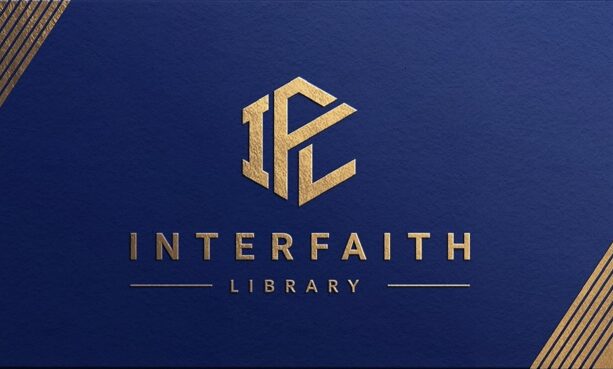I preface saying that I am publishing this article from a journalistic perspective. My intent is not to offend any particular group. I only want to educate those who may not know or understand the difference between Islamic traditionalism and modernity within Islam.
This topic is controversial and often heatedly debated in Islamic forums. However, the world outside of the Muslim community needs to know that Muslims, of all walks, are influential and hold many social & communal positions and also engage in many activities that westernized individuals engage.
Being a “traditionalist Muslim” is a reactionary term. The term had to be coined in order to make the necessary distinction against “modernist” and “reformist Muslim.”
The defining feature of a traditionalist is respect for the intellect of past Muslims and a skepticism in the validity of modern exceptionalism. The modernist, in contrast, is skeptical of the intellect of past Muslims and a firm believer in modern exceptionalism.
THE MODERNIST
In other words, modernists believe we live in a unique time and that that necessitates practicing Islam in a way that it has never been practiced before. Modernists also tend to believe that, in modern times, we have unique knowledge that past Muslims were not privy to, and that knowledge licenses us to practice Islam in a way that it has never been practiced before.
THE TRADITIONALIST
The traditionalist, on the other hand, finds this reasoning not only unconvincing but even irrational. What is so unique about modern times that merits the adoption of unprecedented beliefs and practices?
Over the past 1400 years, we are still the same species with the same needs and basic mental makeup, the same tendencies, the same weaknesses. Which is not to say that Islamic law does not accommodate certain kinds of changes and variation across time and place. But our times are not exceptional and unique enough to even begin to justify some of the things modernists call for.
Traditionalists also respect the intellect and spiritual insight of the collective body of Muslim scholarship over the past 1400 years. If there are beliefs and practices that the vast majority of, if not all, scholars upheld, that in itself is evidence of the validity and soundness of those beliefs/practices. The community does not agree on error.
In conclusion, what makes this topic so unique is that the world can now see the diversity within Islam. What one may think they knows about Islam, they can now see that Muslims approach Islam differently.

I’m not trying to create an argument. However, are you sure with reference to this? It could be a bit convoluted and I’m worried for you.
Thank you for your tactful retort. Although you haven’t specifically state what might be convoluted, but in general, I respect your opinion. I hope you will continue to visit this site and voice your thoughts. God Bless.